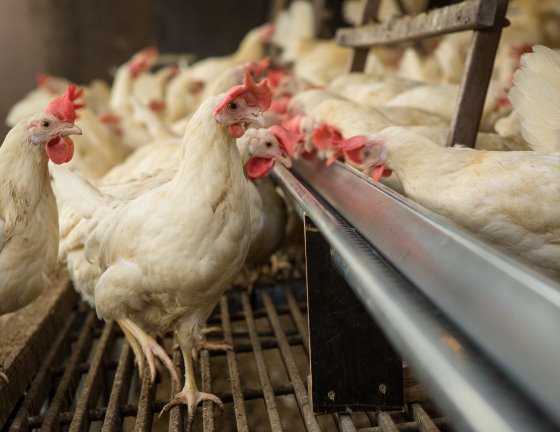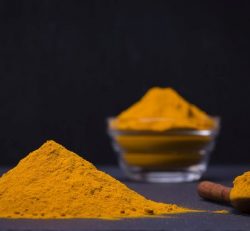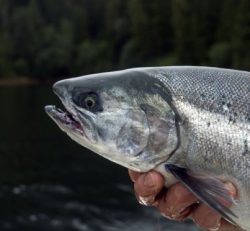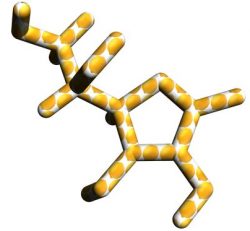RESISTANT BACTERIA IN INTESTINAL TRACT LINKED TO ANTIBIOTIC USAGE
Levels of antibiotic resistance in the intestinal tracts of broilers and pigs are linked to antibiotic usage, according to the results of a pan-European study.
The international team, which included scientists from Utrecht University and Wageningen Bioveterinary Research, found that the quantity and type of resistance genes present in the intestinal tracts differed according to the type of animal and country.
The team visited 178 broiler and 181 pig farms in nine European Union countries, collecting more than 9,000 animal dung samples.
Collecting data via DNA in dung
They opted for a new approach to measuring resistance, collecting data via the DNA in the dung of the animals. This information codes for antimicrobial resistance in the overall bacterial community in the intestinal tract. This is called the resistome and comprises all the resistance genes present in the intestinal tract.
Resistance to antibiotics
The animals and the nine countries differed as far as resistance to antibiotics is concerned, reflecting the difference and degree of antibiotic usage per animal species and country. More resistance occurs in the intestinal tracts of pigs than in broilers, whereas a greater variety of resistance genes occur in chickens.
Several recently described critical AMR genes, including mcr-1 and optrA were detected – the abundance of which differed both between host species and between countreis.
Relevant to both animals and humans
Researchers say the results of the study, published in the journal Nature Microbiology, are relevant to both animals and humans as humans are exposed to resistance genes through food.
The publication is one of the outcomes of an international collaboration within the EU’s EFFORT project: “Ecology from Farm to Fork of microbial drug Resistance and Transmission.” This project aims to study the complex epidemiology and ecology of antimicrobial resistance and the interactions between bacteria in animals, the food chain and environment.
The five year project, which runs until the end of this year, consists of 19 partners from 10 European countries – the Netherlands, Belgium, Germany, Denmark, Poland, Bulgaria, Switzerland, Italy, Spain and France.
Full results of the European Commission are to be unveiled at a two day conference in Utrecht at the end of November.
Tony McDougal
Freelance Journalist
Source: www.poultryworld.net












